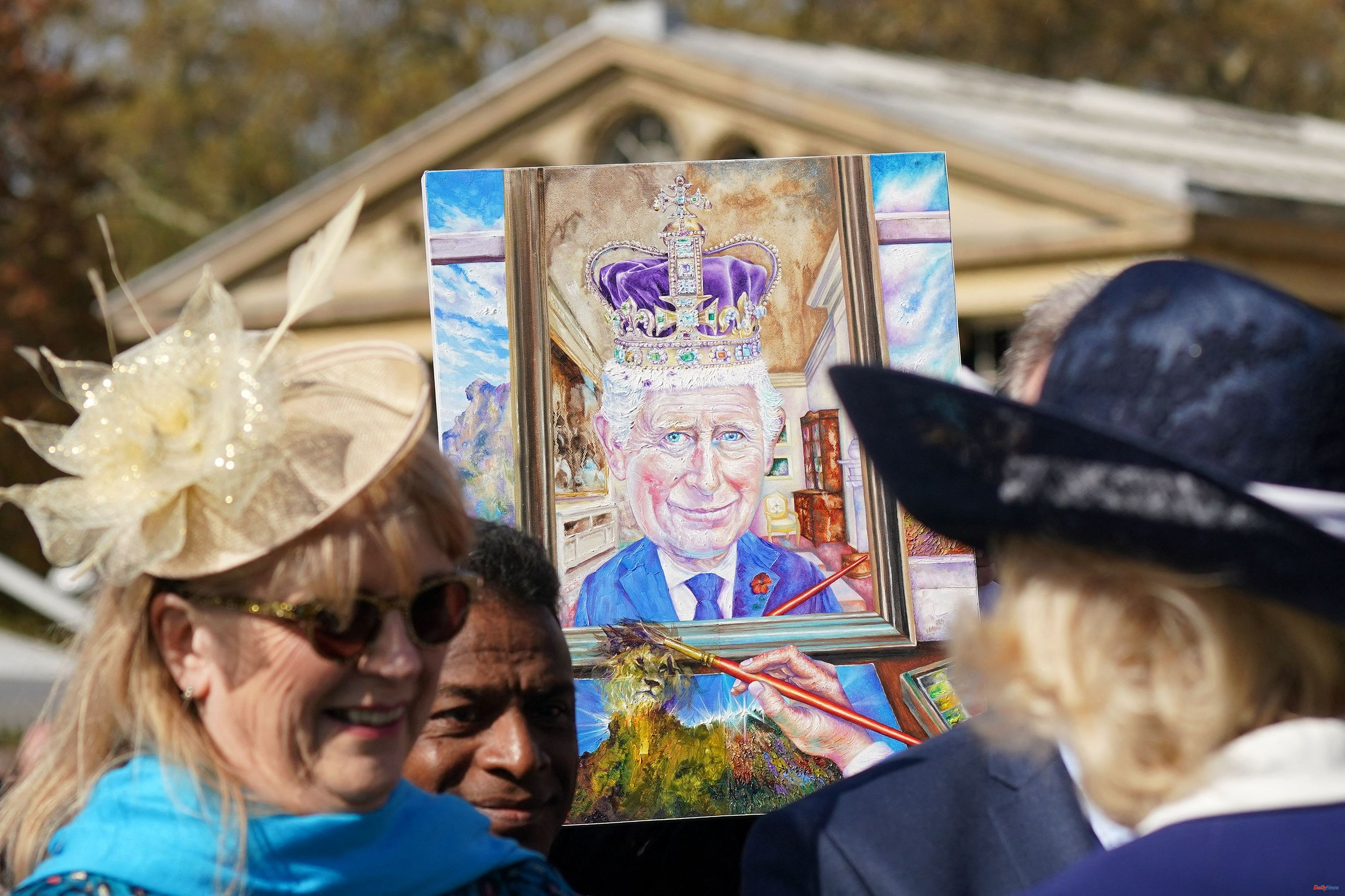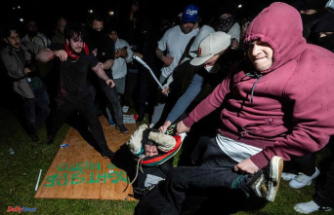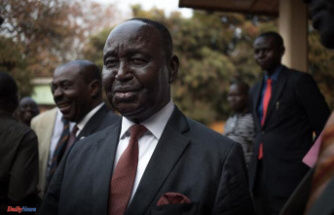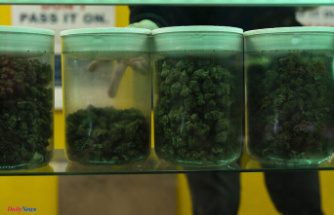At least six of the 14 'kingdoms' that recognize Charles III as head of state, apart from the United Kingdom, are in favor of breaking ties with the British monarchy and becoming republics. Canada, Australia, Jamaica, the Bahamas, the Solomon Islands and Antigua and Barbuda would vote in favor of a historic change, according to a poll published by The Daily Mail.
"Loyalty to the monarchy is perceived as an anachronism for republicans in these countries," warns Conservative Lord Michael Ashcroft, who sponsored the poll. "In Canada and Australia it is seen as incompatible with the inclusive and egalitarian character of their population. The association with slavery and colonialism is a particularly inescapable factor in Caribbean countries."
The dissemination of the poll coincided with the Coronation dress rehearsal at Westminster Abbey, with the entire royal family in attendance. Carlos was seen smiling along with Camila, who will also be proclaimed queen on May 6, and in the company of the princes of Wales and their three children.
More than 400 representatives of the 14 'kingdoms' will actually participate in the parade that will tour the 'mall' of London on Saturday. The British Royal House maintains that the role of the monarchy in the 'kingdoms' of the Commonwealth of Nations will be decided by the populations of the respective countries. Barbados opened "Pandora's box" by proclaiming itself a republic in 2021 and Carlos III now faces the challenge of a chain reaction at the official start of his reign.
The most appreciable difference between support for the republic and the monarchy (47% to 23%) occurs in Canada, followed by the Bahamas and Jamaica. In another five countries -from Belize to New Zealand- the distances are minimal. Only in two distant overseas territories, Tuvalu and Saint Vincent and the Grenadines, is there appreciable support for the monarchy.
In Australia, the posters of "Democracy Not Monarchy" ("Democracy and not Monarchy") compete these days with those of "Keep the Crown" ("Keep the Crown") in the game that is being waged in Australian public opinion. The actor Russell Crowe (born in New Zealand) has thrown himself into the arena as if he were 'Gladiator' in defense of the monarch: "I am sure that Carlos III will do his job to the best of his ability. I will never forget the warmth of our last handshake hands... The man who is going to be king was not only kind, I also found him funny."
Most of the respondents in the 14 'kingdoms' in any case cite "colonialism" or the "irrelevance" of the monarchy among the reasons to justify their penchant for a republic. Many of them maintain that keeping the King (or Queen in her day) as head of state has not brought them "practical benefits" and that they still need a visa to travel to the UK. In 10 of the 14 countries, the Duke and Duchess of Sussex are even more popular than the rest of the royal family and Meghan's treatment is described as "racist".
The shocking poll in full countdown to the Coronation has been interpreted by analysts as a "reality check" ("realistic assessment") for King Charles. In another revealing survey, 73% of the British believe that the monarchy should be "modernised" and 67% are in favor of "slimming down" the institution and "reducing its costs".
56% of the British would vote in favor of a monarchy in a hypothetical referendum, compared to 23% who would vote against it, according to a survey by The Daily Mail, which however detects that only 7% can be considered as " committed monarchists", compared to 18% who define themselves as "raging abolitionists". Among them there are 32% plain "monarchists", 24% "neutral pragmatists" and 19% "modern republicans".
According to the criteria of The Trust Project












